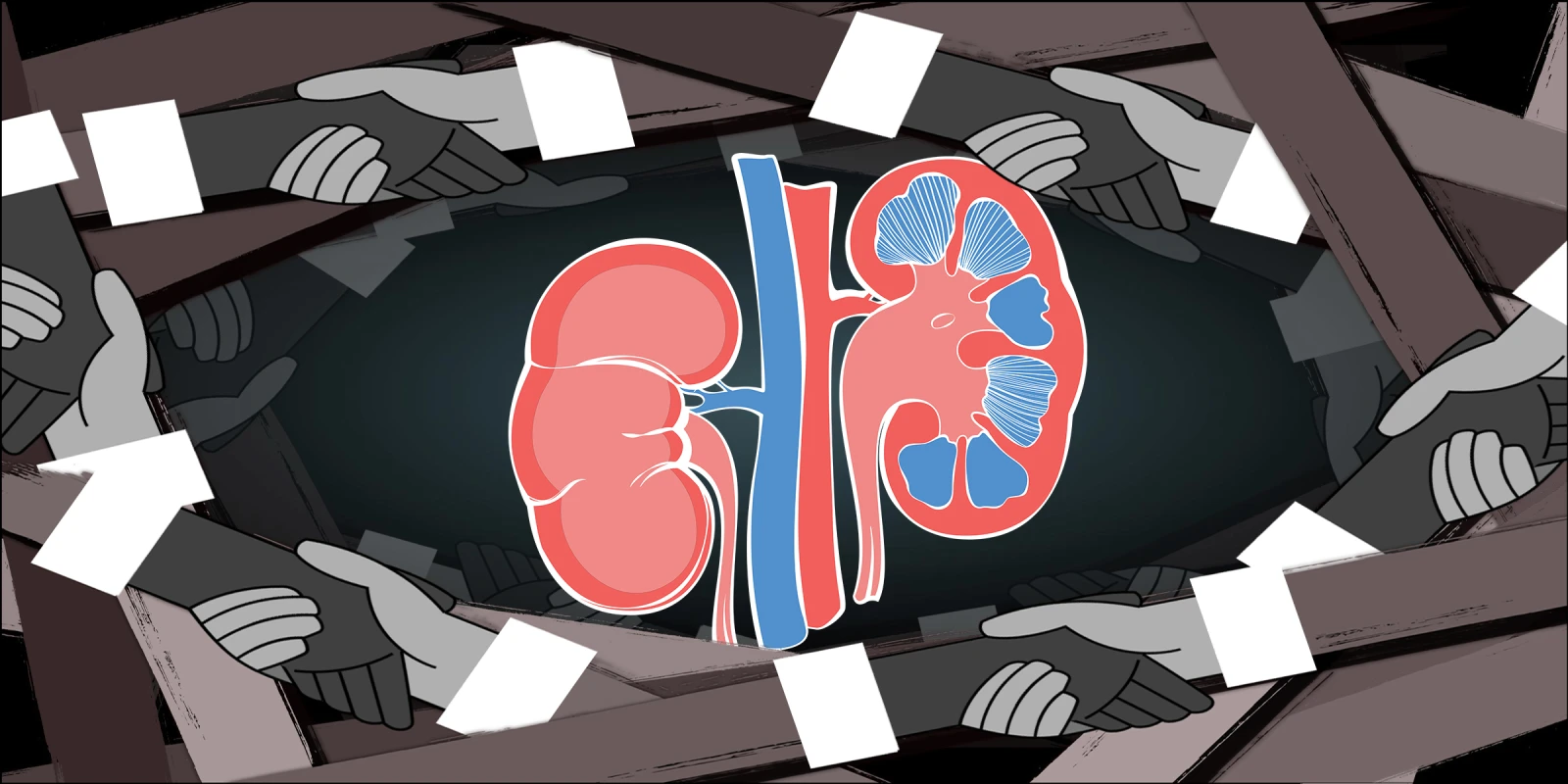The National Kidney Foundation 2022 Spring Clinical Meetings was held April 6-10 in Boston, MA for their first in-person conference since the start of the pandemic. Doximity had the opportunity to speak with Dr. Paul Palevsky, President of NKF to reflect on the success of the annual meeting and further discuss key topics.
Dr. Palevsky kicked off the annual meeting with his presidential address which covered a wide range of topics including the impact of COVID-19 on Nephrology, health disparities in kidney care, and research and innovation updates. Dr. Palevsky noted that his speech “covered a lot of territory because there's been a lot going on, but a lot that still needs to be accomplished to advocate for our patients, and move the needle in improving the care and decreasing the burden of kidney disease so that we can move towards the goal of one day being able to say we can cure kidney disease.”
Dr. Palevsky further discussed the key topics of his speech with Doximity. “For the first time in the 50 year history of the ESRD program, the number of patients on chronic dialysis has declined. While decreasing the number of patients with kidney failure has been a long term goal, this really was not a marker of success,” he said. “This was an abysmal failure in fact because the decline in the number of individuals receiving dialysis was almost certainly due to increased COVID-19 mortality or increased mortality associated with COVID-19 both in patients on chronic dialysis and in patients with advanced CKD nearing the need for dialysis.”
Dr. Palevsky pressed on key struggles with the impact of COVID-19 on Nephrology. “We've been disappointed with the response of federal agencies in particular, FDA and CDC for their failure to prioritize patients with advanced kidney disease and patients on dialysis as high risk,” he said. Dr. Palevsky also recognized the disproportionate impact of COVID-19 on individuals from underserved populations, leading into his next topic of health disparities in kidney care.
According to Dr. Palevsky, nearly two years ago, NKF and ASN convened a task force to address the issue of race in the calculation of estimated GFR. In September, the CKD-EPI collaborative published the new race-free equations in the New England Journal of Medicine. At nearly the same time, the NKF-ASN Task Force issued its recommendation for immediate implementation of the new equations, which has led to a nationwide undertaking. “There has been tremendous uptake of the new equation,” he said. This may only be scratching the surface, though. “While this was an important step towards social justice, we need to make sure that we don't deceive ourselves. This alone is not sufficient to address disparities in the care of patients with kidney disease.” He noted that these health disparities go beyond mathematical equations, “we all have our own implicit biases and we need to address these biases. We have an obligation to our patients to make sure that we overcome these biases.”
The discussion around health disparities bled into Dr. Palevsky’s next topic of innovation. While discussing the successes of new therapies including SGLT2 inhibitors and nonsteroidal, mineralocorticoid antagonists, he also mentioned the struggle around cost of medications. “[Unaffordable medication] will result in exacerbation of existing disparities,” he said. He also recognized “the absolute disgrace that total funding for kidney disease is now only slightly more than 700 million dollars per year.” Speaking to the multidisciplinary crowd made up of full care teams ranging from physicians to patients themselves, he made a call for support. “Everyone in the kidney community needs to become effective advocates for kidney disease through the NKF, the voices campaign, for an increase in funding for research, and to make sure that legislation such as the Living Donor Protection Act moves forward,” he said.
With a breadth of topics buzzing around the conference, Dr. Palevsky felt that the discussion of disparity is one that truly resonated with the community. “The plenary speaker who followed me was Dr. David Williams. [He] gave a truly spectacular lecture of one that I think everyone involved in kidney disease really would benefit from listening to.”
With all conferences, there are only so many sessions one can attend. “My biggest regret about the meeting was that there were so many sessions I couldn't get to,” said Dr. Palevsky. When asked about the takeaways he hopes every physician walked away with from the 2022 NKF Spring Clinical Meetings he listed three points. “The impact of COVID-19 on our patient population, for the need to address disparities in order to achieve greater social justice in healthcare, and just the excitement that there are advances occurring in nephrology.”
Illustration by April Brust







